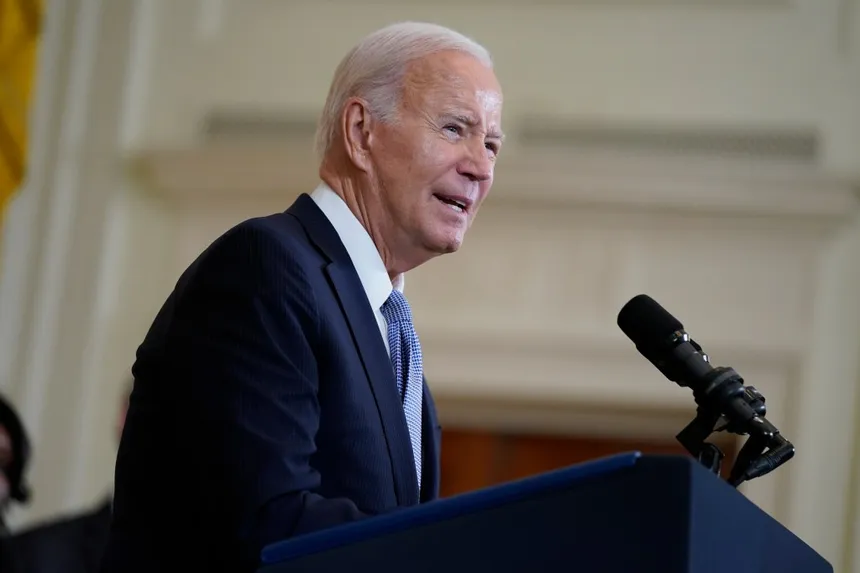The crypto industry has voiced concerns over the latest tax reporting guidelines presented by U.S. President Joe Biden.
On Aug. 25, as part of efforts to address tax evasion, the Internal Revenue Service (IRS) introduced proposals requiring brokers to adopt new reporting procedures for digital asset transactions. The aim is to streamline tax filing and deter dishonest practices.
The U.S. Department of the Treasury emphasized that the new guidelines aim to align digital asset reporting with conventional asset reporting.
However, significant figures within the crypto community argue that such measures might alienate the industry from the U.S.
Ryan Selkis, CEO of Messari, commented that the crypto sector would face challenges in the U.S. if Biden is re-elected. Similarly, Chris Perkins, president of CoinFund, expressed concerns about the U.S. lagging behind other nations in the crypto space, emphasizing the need for clearer regulations to foster innovation.
There's no future for crypto in the US if Biden is reelected. I'm sorry.
— Ryan Selkis 🪳 (@twobitidiot) August 25, 2023
Move abroad, draft Newsom and hope for the best, or vote GOP where at least we know the top three candidates are less terrible on this issue.
Crypto has always been political. 🔫🧑🚀
Have a nice weekend.
There’s also skepticism about both major political parties’ stance on crypto. One individual remarked on the current scenario being less favorable than the previous administration, while another highlighted potential privacy infringements, stating, “The U.S.’ commitment to income tax could undermine the privacy of public ledger transactions.”
Time is on our side?
— placePro (blue checkmark) (@placePro3) August 26, 2023
I'm from belgium and saw politicians talking that its a good thing that the us acts like it does so we here in europe can gain the advantage and thus MiCa was born
Time is not on your side and its the 2 party system that will cost the us the leadership
Kristin Smith, CEO of the Blockchain Association, noted on Aug. 25 the importance of distinguishing crypto from traditional assets when forming regulations.
President Biden has also previously proposed taxing crypto mining to limit such activities, suggesting a tax rate of 30% on electricity used in digital asset mining.
These proposed regulations echo broader concerns within the U.S. crypto community. Michael Sonnenshein, CEO of Grayscale Investments, recently cautioned against the Securities and Exchange Commission’s aggressive approach, warning it could deter crypto firms from operating within the U.S.
Brad Garlinghouse, Ripple’s CEO, also observed a shift in the crypto industry’s focus towards countries with more progressive crypto regulations, naming Australia, the UK, and Singapore as examples.






